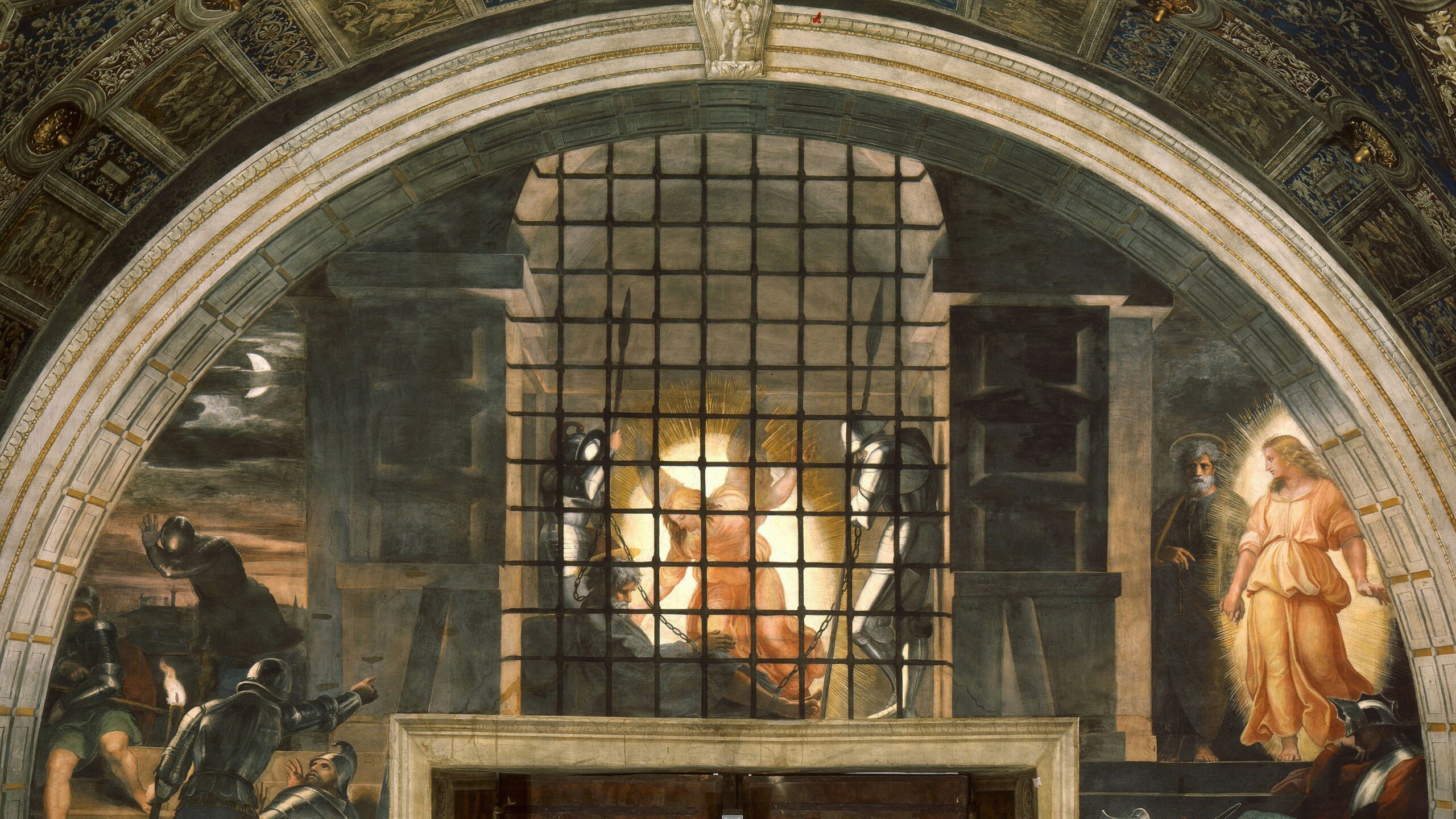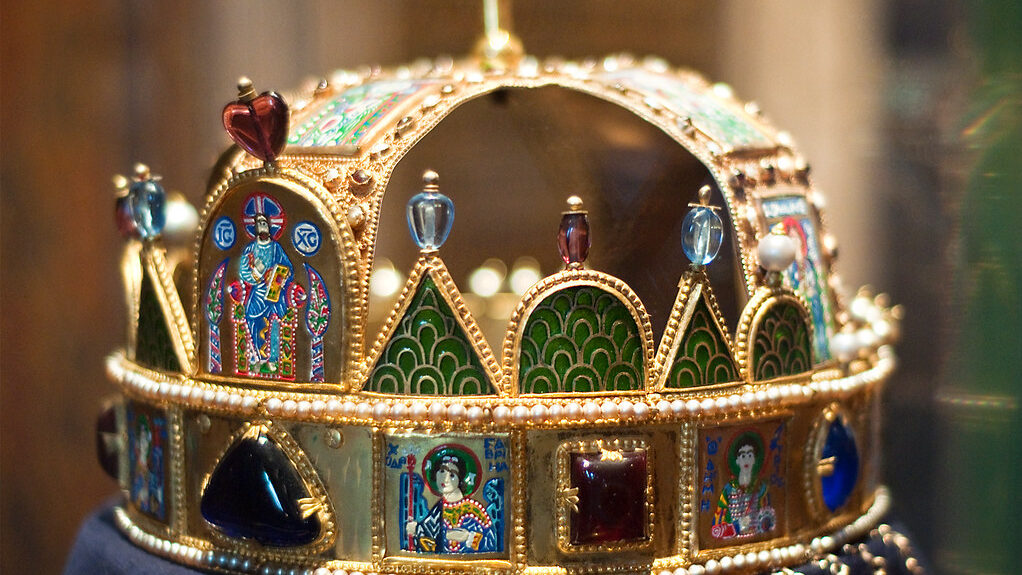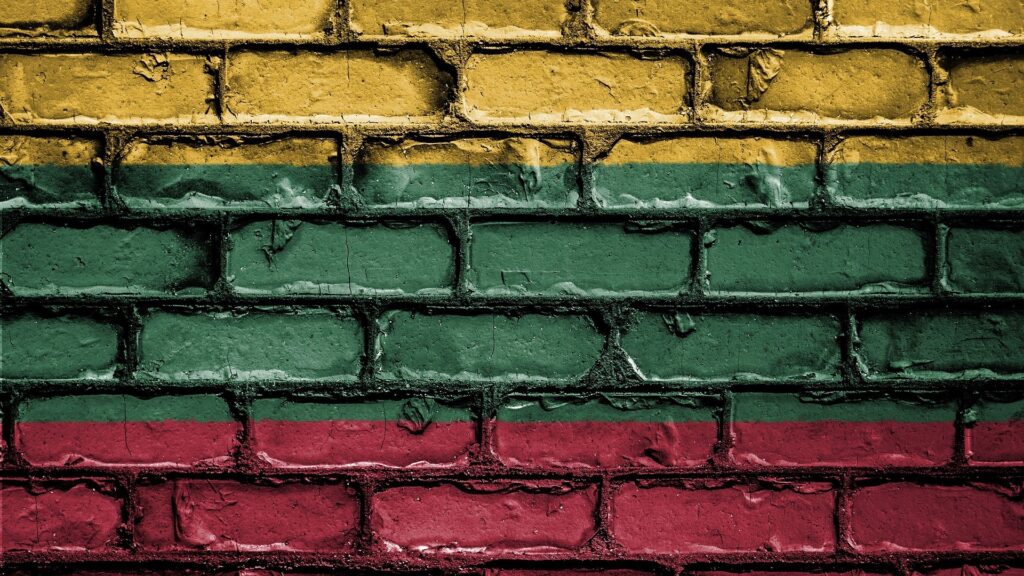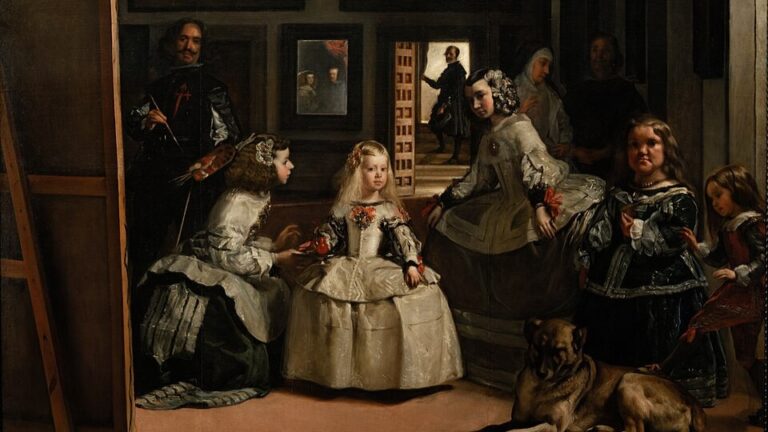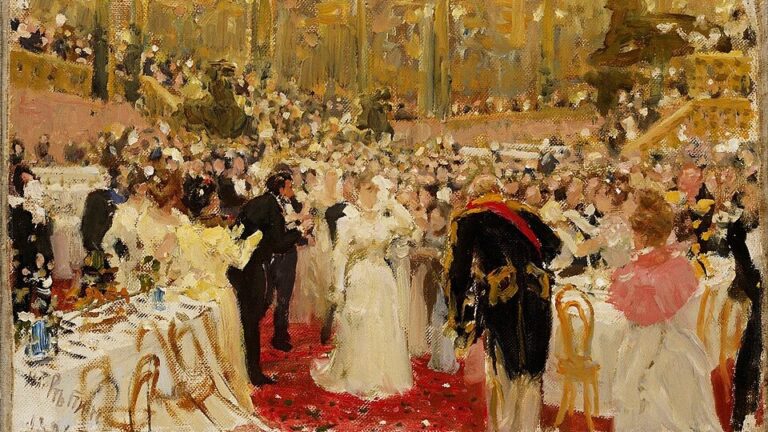Modern political culture often treats freedom as a buffet of choices: the ability to take what one wishes, to cast off every restraint, and to resent any limit as an infringement on rights. Yet such a definition of liberty is not only shallow; it is ultimately destructive. It reduces freedom to a passing whim and confuses liberty with indulgence.
A more serious tradition—rooted in classical philosophy, deepened by Christianity, and defended by statesmen from Burke to Tocqueville—has long understood that freedom and responsibility are inseparable. Indeed, freedom without responsibility is not freedom at all, but license, and license invariably leads to dependence and, in time, to servitude.
The Ancient Lesson: Freedom as Self-Mastery
The Greeks saw that liberty could not mean the absence of discipline. Aristotle described the free man as one who governs himself. Autonomy was not self-expression but self-command. A man ruled by his passions is not free but enslaved.
The Stoics sharpened this insight: external circumstances—poverty, imprisonment, even political repression—could not take away the liberty of a soul disciplined by reason. Freedom, for them, meant the ordering of the inner life, not the pursuit of indulgence.
This older wisdom is far removed from today’s culture, where ‘freedom’ is often mistaken for the liberty to consume without limit, to discard commitments, and to parade one’s vices as rights.
The Christian Transformation: Freedom for the Good
Christianity received this classical inheritance and gave it new depth. St Paul declared: ‘It is for freedom that Christ has set us free’ (Galatians 5:1), yet immediately warned that freedom must not be used ‘to indulge the flesh’. Liberty was not the permission to sin but the liberation from sin’s dominion.
‘Responsibility is not a limit upon liberty but its very condition’
St Thomas Aquinas distinguished between libertas a peccato—freedom from sin—and libertas ad peccandum—the supposed freedom to sin. The former ennobles; the latter enslaves. Responsibility is not a limit upon liberty but its very condition.
This Christian conception shaped Europe’s political life. From medieval charters to the teachings of St Stephen of Hungary to his son Imre, rulers and subjects alike were reminded that liberty without order collapses into disorder, and disorder inevitably invites tyranny.
The European Tradition: Liberty with Institutions
Modern Europe’s greatest observers echoed the same lesson. Edmund Burke warned that a people intoxicated with ‘absolute liberty’ would quickly find themselves under tyranny, for anarchy always prepares the way for despotism to follow. He praised instead the ‘little platoons’ of society—families, churches, and local communities—that trained citizens in the habits of responsibility.
Alexis de Tocqueville, writing after his travels in America, admired the same truth: a republic thrives when citizens first govern themselves in their households and voluntary associations. Liberty and responsibility are woven together in community life, not set against one another.
‘Only societies that bind freedom to moral order endure’
Central Europe learned this lesson painfully in the 20th century. Under communism, ‘freedom’ was proclaimed in slogans but hollowed out in practice, because responsibility—to truth, to family, to faith—was forbidden. The collapse of that system showed that liberty cannot be sustained by ideology alone. Only societies that bind freedom to moral order endure.
License Masquerading as Liberty
Today’s cultural climate often mistakes liberty for license. Obligations are treated as oppression, and commitments as optional. Marriage, faith, and citizenship are reduced to lifestyle choices, while discipline and self-restraint are dismissed as outdated.
But this is not liberty. It yields not strength but fragility: loneliness, financial precarity, cultural fragmentation, and political dependence on the very state that was once resented as an intruder. Those who refuse to govern themselves will, in the end, be governed by others.
Freedom and the Common Good
The American Founders, for all their differences, understood that liberty could only survive in a virtuous society. James Madison observed that ‘only a virtuous people are capable of freedom,’ while George Washington insisted that liberty depended upon religion and morality. The same truth resonates in Europe: liberty can flourish only where it is directed toward higher ends—truth, virtue, family, faith, and civic responsibility.
‘Liberty is not sustained by atomized individuals but by communities that teach duty before desire’
Hungary today has attempted to recover this insight. Family policy, protection of national identity, and the cultivation of Christian culture all rest on the conviction that liberty is not sustained by atomized individuals but by communities that teach duty before desire. In this respect, Central Europe may once again remind the wider West of an older wisdom.
The Paradox of Liberty
True freedom is a paradox: we are most free when we accept the burdens of responsibility. A society that worships liberty without responsibility ends with neither. But a society that remembers responsibility as the guardian of liberty secures both.
The task before Europe is therefore not to abandon freedom but to recover its deeper meaning. We must learn again to govern ourselves, so that no despot (even a friendly one) need do it for us. We must honour the small duties—of family, of worship, of civic loyalty—that make large liberties possible. For in the end, freedom without responsibility is not freedom at all, but merely another name for bondage.
Related articles:

